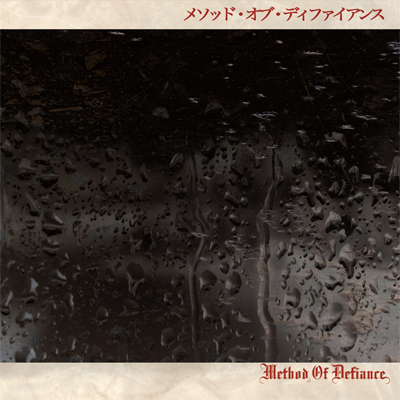Bill Laswell, the American bassist and producer whose output is estimated by some to exceed 700 albums, is not, on the whole, a man about whom people feel indifferent. Fans point to multiplicity of genres within which he’s operated, including dub, ambient, funk, leftfield jazz, metal, hip hop, and more than one strand of so-called world music. Equally varied and rather more impressive is his choice in collaborators, stretching from Mick Jagger to John Zorn, Yoko Ono to Pharoah Sanders, Herbie Hancock to PiL, Bootsy Collins to Beat novelist William Burroughs.
Others, on the other hand, object to the fact that Laswell’s personality – not to mention rather glossy touch – is so deeply stamped upon everything that passes through his mixing desk. Production work on Motorhead’s Orgasmatron and “sellout" Swans album Burning World have received some of the loudest criticism, alongside his remixes of Miles Davis and Bob Marley. Yet they are far from isolated incidents: a thread on the ilxor music forum entitled “Is there a worse producer in the universe than Bill Laswell?" ran happily from 2001 to 2008.
Nihon, Laswell’s new album in his Method Of Defiance guise is, in truth, unlikely to change minds in either direction. Stylistically, its heart sits somewhere between dub and ambient drum’n’bass, although both rock and dancehall stick an occasional oar in (the latter most evident in Dr Israel’s occasional vocal toasts). Toshinori Kondo’s diffused, effects-laden trumpet, meanwhile, recalls the expansive jazz-influenced tones of Jon Hassell or Nils Petter Molvaer.
Laswell may have been born in Illinois four decades previously, but the overall effect is at times strangely reminiscent of 1990s Bristol. Channeled through that almighty echo chamber are reverberations of both Massive Attack’s co-opting of dub and 70s funk and jazz, and the live drum’n’bass of Reprazent (though in contrast to both those acts, Nihon is a predominantly instrumental affair).
The continued focus on groove will frustrate those looking for melodic or harmonic innovation, but Nihon is a stoner record, moody and unhurried, and it should at the very least succeed in setting heads nodding. It’s just edgy enough too, and with sufficient filth in the lower register to counteract Laswell’s occasional weakness for the envelope filter. Some may question the relevance of a dubby DnB record in 2009 – but if Laswell doesn’t seem to be breaking any new ground in this instance, it’s in many ways testament to his success in pioneering this kind of genre cluster-fuck over the past three decades. Give the man a break.


